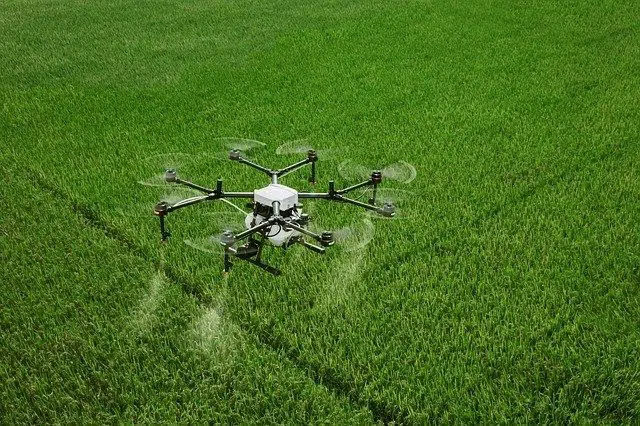



Article by: Hari Yellina
In some areas of northern NSW, the cane harvest is about to begin, but there is a concern. The area was devastated by floods in March, leaving behind debris, some of which is huge and nearly impossible to see until you are upon it. Albury and Wagga Wagga firefighters who have received specialised training can help. NSW Fire and Rescue Nigel Semmens, a deputy captain from Albury North Fire Station, was one of two deployed up north this week to use drones to scan cane fields for hazardous debris. “We’ve found things like refrigerators, washing machines, and water tanks,” the man stated.
The initiative has been a collaboration between Fire and Rescue NSW and the neighbourhood canegrowers’ organisation. A second team will travel up to northern NSW the following week to assist Deputy Captain Semmens, who has been there for a week to provide relief to local crews. “For the next three months, Fire and Rescue NSW will continue to work on this initiative. They will very certainly go ahead of the cane harvest, “said he. They’ll finish this region here before moving on to the next one, which is located right up to the Queensland border, a little more north. Superintendent Stewart Alexander, the zone commander for Fire and Rescue, expressed his gratitude for being able to assist the areas that had been so severely affected.
We’re eager to help the neighbourhood, local businesses, and farmers resume operations, the man stated. “If [we] can locate this debris, the cane growers can enter the area, begin the harvest, and resume operations.” He claimed that the training for specialised drones was a brand-new capability that had just just begun in Albury, Wagga Wagga, and Deniliquin. But the drones have already shown to be incredibly helpful, especially since they can fly at night thanks to their infrared eyesight. It’s a really extremely helpful piece of technology, Superintendent Alexander said. “We’ve used them a number of times for missing persons’ searches to assist NSW police, and also for some fire investigation work.” “It’s really important for Fire and Rescue NSW to be part of this. Our firefighters are really committed to public safety and, as we’ve developed over the years, we’ve [become] more than firefighting.”